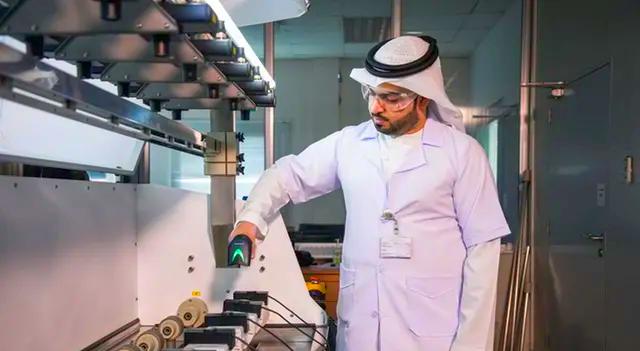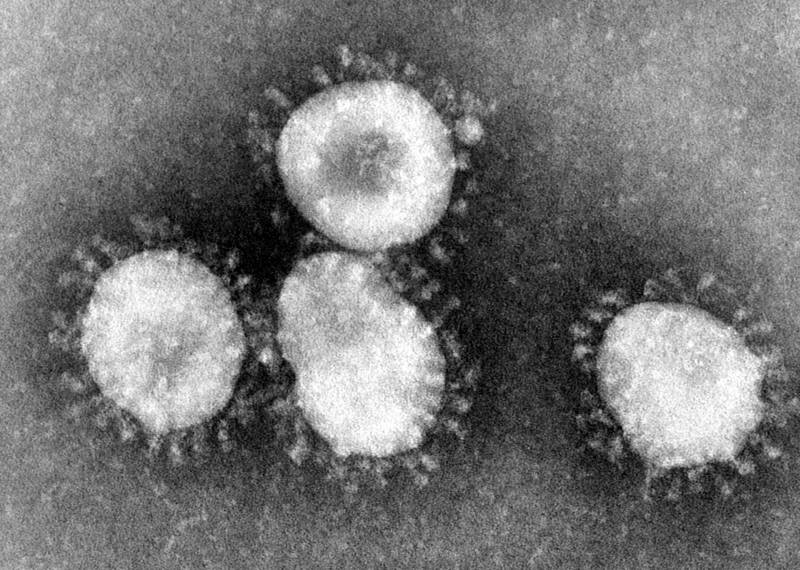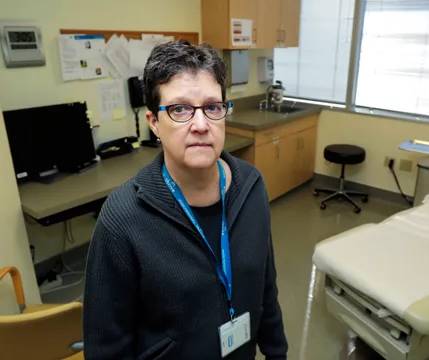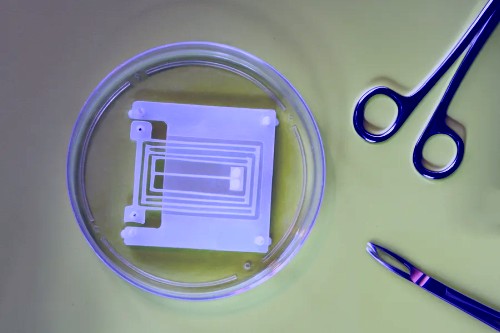Drug Addiction Treatment To Come Soon
 Washington, Dec 9 2009 There is a hope for drug addiction treatment now. ANI reported that a new American research has been successful in identifying some compounds that may help ease the cravings of methamphetamine and cocaine addiction among people.
Washington, Dec 9 2009 There is a hope for drug addiction treatment now. ANI reported that a new American research has been successful in identifying some compounds that may help ease the cravings of methamphetamine and cocaine addiction among people.
The study, done by Sarah Steele and Langtian “Ren” Yuan of Duke University when they were freshmen in the spring of 2006, has recently been published in a British journal.
Jiyong Hong, Assistant Professor of Chemistry at Duke, said: “I think this is a kind of showcase for something that Duke is very strong in-undergraduate research…And, socioeconomically, it deals with drugs of abuse that are huge problems.”
Talking about the study he said: “When people take methamphetamines and cocaine, that gets engraved in their memories,” Hong said. “So the hypothesis was that by inhibiting a specific enzyme, in this case PKCzeta, we might be able to delete those memories.”
 But there was a problem: “PKCzeta is one of the least studied members of the PKC family.”
But there was a problem: “PKCzeta is one of the least studied members of the PKC family.”
Steele, a major in biology, came to Hong’s lab to undertake an independent study related to a freshman chemistry research seminar class.
She said: “I hadn’t taken organic chemistry, but he explained everything to me so I was sure of what I was doing.”
Steele now started testing about 1,200 different small molecules, hunting for PKCzeta blockers.
She recalled: “It was repetitive work, but once we learned the concept it was easy to continue.”
Yuan, originally a premed student planning to triple major in biomedical engineering, economics and public policy, had also come to Hong looking for freshman work as a lab assistant, even though her course did not require it.
She said: “Originally I was asked to try to find an inhibitor for something other than PKCzeta.”
However, when Steele took up a different summer research program after the spring semester, Yuan started working on the same field.
She recollected: “I kind of picked up where Sarah stopped.
“I was doing similar things as she, but really trying to pinpoint which specific compounds worked as inhibitors…We were almost out of molecules to test by then. But, in the last batch, there were a series that were similar that all lit up really well.”
Other researchers from Duke’s Chemistry Department and Medical Center, and a group from Korea, filled in voids in the research.
Their findings appeared online on May 8, 2009 in Molecular Biosystems, a journal of the Royal Society of Chemistry.
Steele, who was named as a co-author of the study, said: “I didn’t expect to have anything come out of it…But it’s nice that something good did.”
Yuan, who was listed as the paper’s first author, said: “Honestly, I think I got too much credit…But it was exciting.” (ANI)








